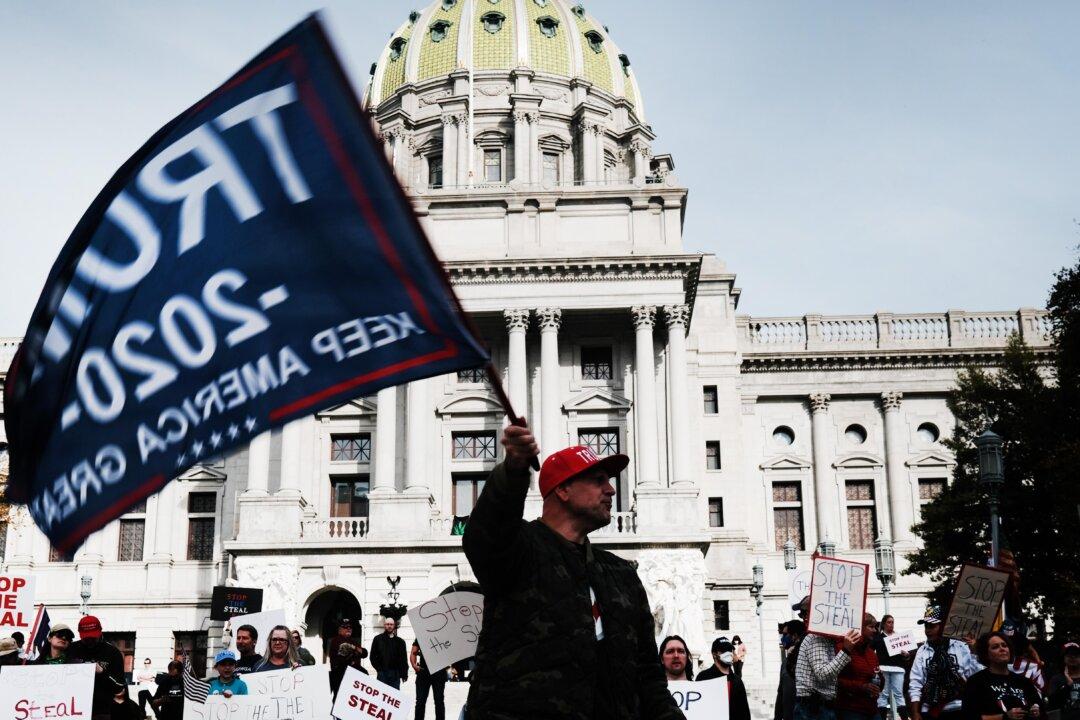Commentary
The Founding Fathers vested exclusively within the legislatures of the respective states the power—and solemn duty—to decide the manner in which its presidential electors are chosen (U.S. Const. Article II, Sect. 1, Cl 2.).

The Founding Fathers vested exclusively within the legislatures of the respective states the power—and solemn duty—to decide the manner in which its presidential electors are chosen (U.S. Const. Article II, Sect. 1, Cl 2.).